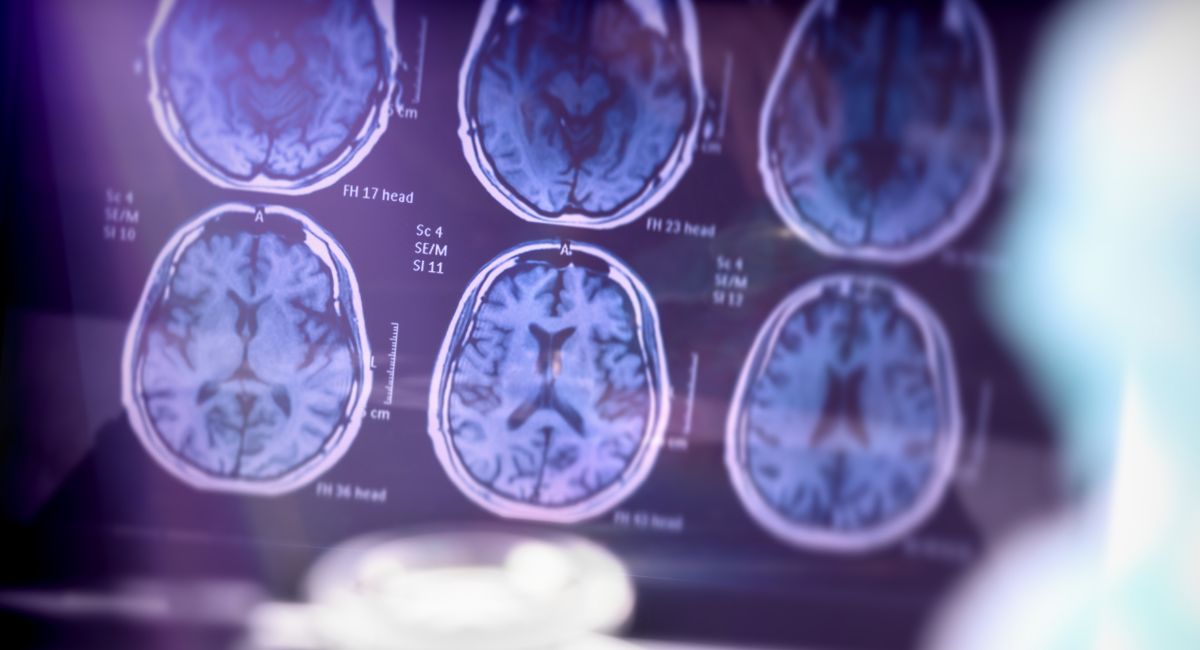
The University of Washington (UW) has received a portion of a new $150 million grant to collaborate on a study called Clarity in Alzheimer’s Disease and Related Dementias Research Through Imaging (CLARiTI). The five-year study funded by the National Institute on Aging will provide cutting-edge imaging and blood-based biomarker data for researchers worldwide to advance Alzheimer’s and related dementias research.
During this five-year span, the UW National Alzheimer’s Coordinating Center (NACC), housed in the School of Public Health’s Department of Epidemiology, will receive nearly $7 million. The UW NACC serves as the data, collaboration, and communication hub for the National Institute of Aging’s Alzheimer’s Disease and Research Centers Program, which encompasses 37 centers across the United States. University of Wisconsin-Madison and NACC were the primary recipients of the grant money, with all 37 centers collaborating on the CLARiTI study.

The majority of patients with dementia symptoms have mixed dementia, where more than one underlying disease is causing their dementia symptoms, complicating diagnosis and treatment. Data from the CLARiTI study is anticipated to enhance scientists' understanding of mixed dementia, expediting the discovery of personalized treatments for individual patients. All data generated through the CLARiTI initiative will be accessible to the scientific community through UW's NACC. The center is committed to developing innovative tools that optimize brain image data sharing for both researchers and clinicians.

The UW NACC currently manages one of the world’s largest and most powerful datasets for Alzheimer's disease and related dementias, tracking over 17,000 participants. Walter Kukull, professor of epidemiology and director of the NACC, and Sarah Biber, executive director of the NACC will serve on the CLARiTI executive team with important contributions to be made by faculty across departments and schools at the UW.
“CLARiTI will help researchers and clinicians better identify what underlying diseases are contributing to dementia symptoms leading to earlier detection and more effective treatments for patients,” said Biber. “The project is also going to greatly increase the diversity of patients involved in Alzheimer’s research, helping to ensure that the diagnostics and treatments we develop are generalizable to more patient populations.”
According to the Centers for Disease Control and Prevention, an estimated 5.8 million people in the U.S. have dementia, a condition impairing memory, thinking, and decision-making abilities that hinders daily activities.